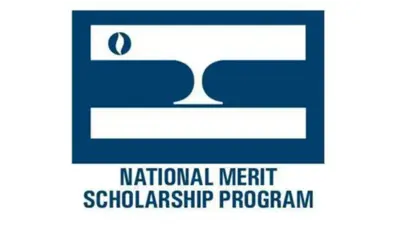Karen Hyun, Ph.D., Secretary | Wisconsin Department of Natural Resources
Karen Hyun, Ph.D., Secretary | Wisconsin Department of Natural Resources
The Groundwater Coordinating Council (GCC) has released its 2025 annual report to the Wisconsin State Legislature, outlining key recommendations for safeguarding the state’s groundwater resources. The report focuses on several major issues affecting groundwater in Wisconsin, including persistent contamination by PFAS and nitrates, widespread pesticide presence in private wells, and unequal water supply distribution.
According to Joe Van Rossum, GCC Chair and deputy administrator for environmental management at the Wisconsin Department of Natural Resources (DNR), protecting groundwater is essential for both public health and environmental sustainability. “Our groundwater is a critical priority. This resource is essential to the well-being of our communities and environment; it must not be taken for granted,” Van Rossum said. “By advancing the primary recommendations put forth by the GCC, we have an opportunity to further protect groundwater and create a healthy future for Wisconsinites.”
The council’s recommendations target four main areas:
First, addressing PFAS contamination remains a top concern. The GCC calls for updated standards under NR 809 and NR 140 as well as ongoing efforts to identify, monitor, and research PFAS in groundwater.
Second, nitrate contamination continues to affect both private and public wells—a problem that has persisted across Wisconsin for fifty years. To address this issue, the council recommends expanding monitoring programs, broadening eligibility criteria for the NR 123 Well Compensation Program, collaborating with farmers on sustainable practices, among other actions.
Third, more than 40% of private potable wells in Wisconsin have detectable pesticides. The GCC suggests updating standards for several pesticides and supporting new strategies aimed at minimizing pesticide leaching into groundwater.
Fourth, the uneven distribution of water supplies requires attention. The council advises working with both public and private partners to find sustainable water sources, develop conservation strategies, and create a regional framework for managing water withdrawals.
The full details of these recommendations are available through the Groundwater Coordinating Council Report to the Legislature webpage.
The GCC is comprised of representatives from state agencies such as the DNR, academic institutions, and various stakeholder organizations throughout Wisconsin. Its mission includes enhancing coordination among entities involved in non-regulatory aspects of groundwater management. This involves agency budgeting related to groundwater programs, data management initiatives, public education efforts about groundwater protection, laboratory analysis activities, as well as recommending how state funds should be allocated for research purposes.
The council’s collaborative approach seeks to increase efficiency among different groups engaged in safeguarding Wisconsin’s water resources by fostering information sharing and joint planning across sectors.
For more information or access to the complete report: Groundwater Coordinating Council Report to the Legislature webpage.






 Alerts Sign-up
Alerts Sign-up